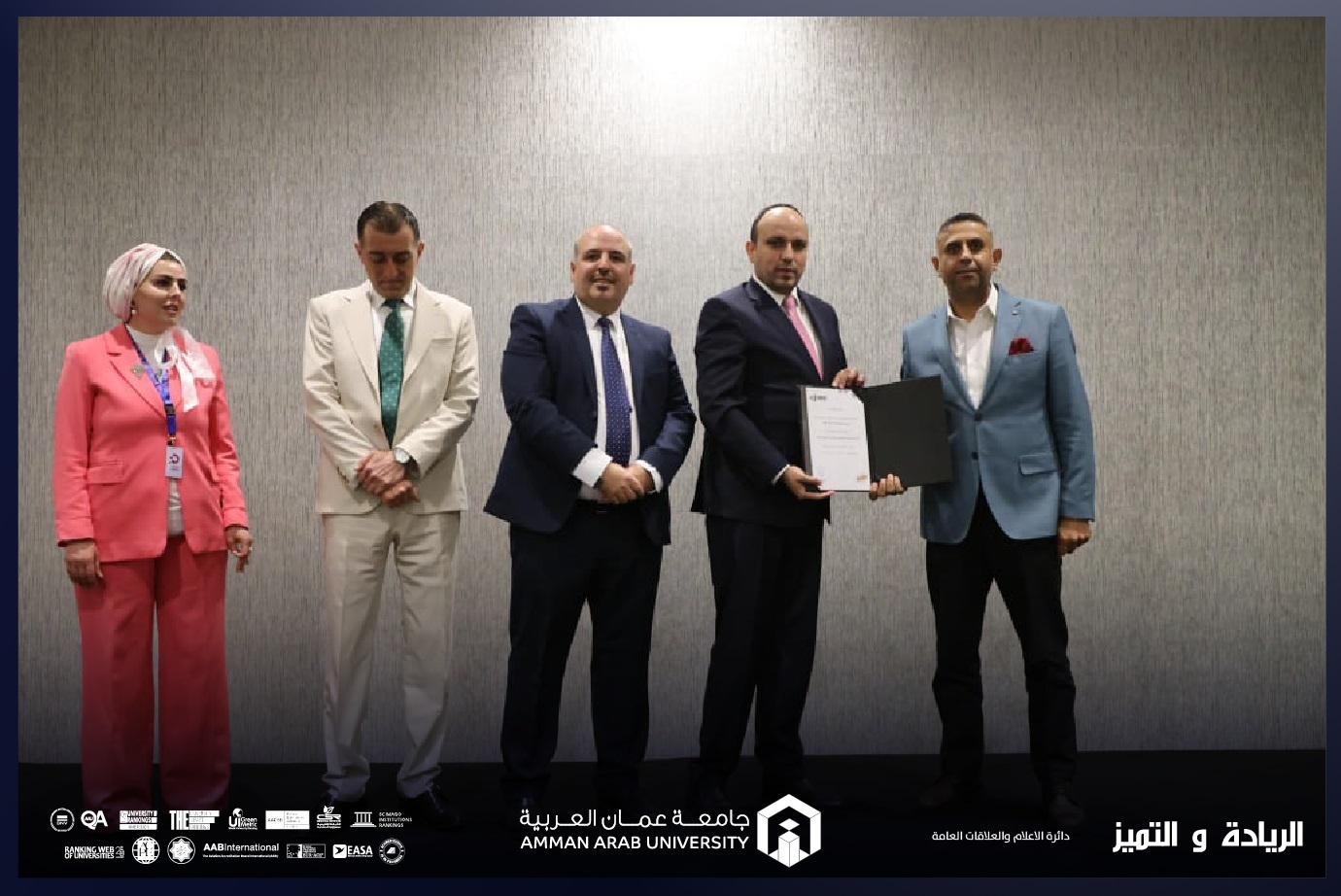Work Ethics: Slogans or Compass for Success
By: Prof. Dr. Younes Megdadi
Monotheistic religions collectively emphasized adherence to virtuous morals, which prompted many specialists in the social, psychological and behavioral sciences to talk about it due to its association with the system of values, principles which organizing human behavior, which moves man towards transcendence in his thought, behavior and actions towards moral virtues. These specialists also see it as the main determinant of a person's relationship with others, whether at the personal, professional, or societal level.
We all agree that working with virtuous morals in their beautiful forms has many good repercussions on our souls in various walks of life, which we believe is the only option to rehabilitate the individual, organizations and society for the highest levels of lofty, civilized and human advancement, loaded with spiritual, moral and religious forces wherever they are found, and historical and contemporary images and examples. We find many.
Hence, the philosophers of management science realized that ethics, with its dimensions and goals, is the basis for building values, principles, instructions, regulations, and strategic plans for organizations in various sectors, which are now working to publicize them publicly to the internal and external community because of their convictions that they are the real key towards advancement, change, and behavioral and spiritual transcendence for all workers at various levels .Career and continuous emphasis on these pillars to control the overall individual and collective behavior towards goals and objectives that it aspires to achieve.
We all know that morals are not concepts that we hear or read about here and there. Rather, they are a guiding compass towards getting rid of the remnants of absurd behavior and contrary to virtuous morals, and its images of lying, cunning, inequality and unfairness, lack of transparency, hatred, hatred, exploitation of position for personal gain, and portraying others. With hostility, negligence, marginalization, nepotism, nepotism, evil slander, and paralysis, there are many images that have become tools for demolishing institutional building, not to mention regressive job performance, and this is all by virtue of moving away from virtuous morals, values and principles advocated by the governance of organizations, which is supposed to be the basis for organizational work as a compass that leads organizations towards success.
Moving away from ethics in organizational work which has many consequences, the most important of which is the loss of sincerity and dedication, which we believe are among the most important components of reform, development, urbanization and sophistication in all aspects of career life, not to mention satisfaction and good handling and treatment stemming from the sincere and firm respect among all. Accordingly, we believe that the bill for success and eminence lies in the ethics of organizational work, which requires the governance of organizations to establish the system of virtuous morals with its values and principles and a real translation on the ground to be a realistic matter and not expressive or constructional slogans, and to get rid of corrupt and counterfeit areas of behavior with its thought and orientations, and the application of the principle of justice, equality and issue follow-up cases of discontent and prejudice to diagnose and dissolve their causes, and to identify the totality of behaviors that are contrary to the organizational ethics system and its etiquette to work on promoting positive behavior with the introduction of treatments within organizational frameworks, and linking the ethics system with job performance. Accordingly, we will find that organizations have been able to overcome one of the most important episodes of suffering due to the absence of a system of ethics in organizational work. Rather, we will also find that organizations have begun to move towards advancement and transcendence to be an organizational identity that they can be proud of in public, and we agree with the words of the Prince of Poets Ahmed Shawqi when he said, “But nations are morals are as long as they remain, their morals are gone.”







